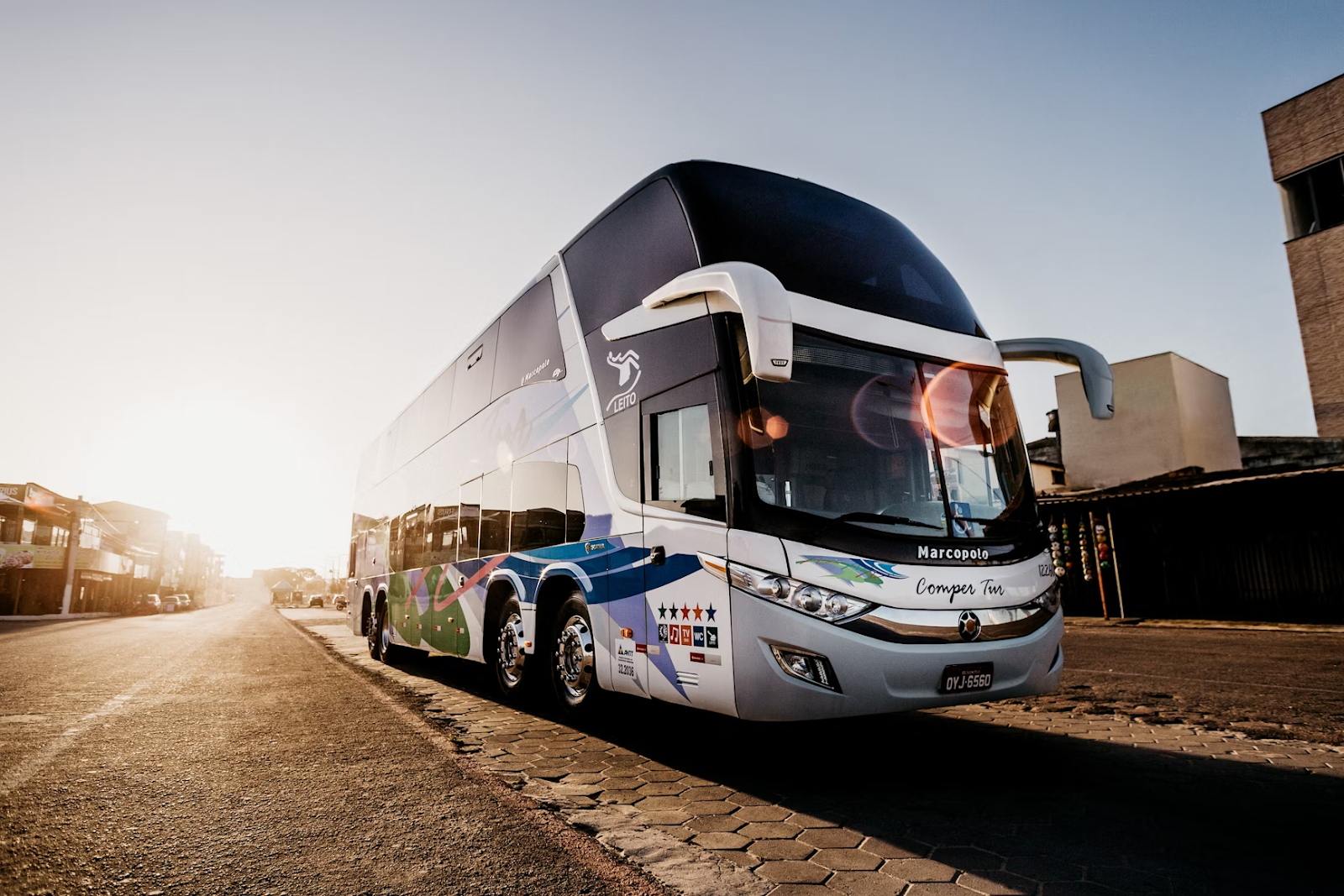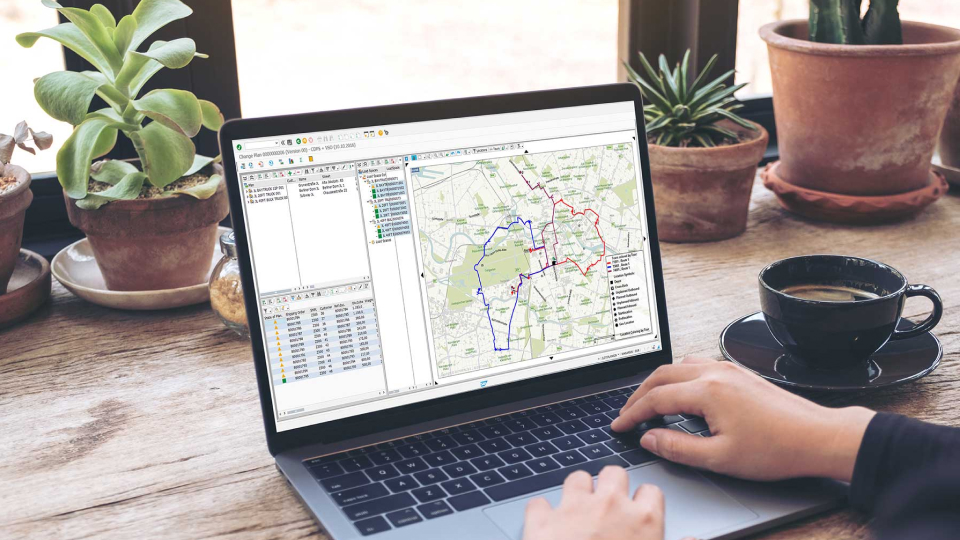
Top 10 Passenger Transport Software Solutions
Passenger transportation software is becoming increasingly essential for managing the complexities of modern transport operations. As urbanization continues to rise, the demand for efficient and reliable transportation services grows. This necessitates sophisticated software solutions that can streamline operations, improve customer service, and reduce costs.

According to a report by MarketsandMarkets, the global market for transportation management systems is expected to grow from $9.6 billion in 2020 to $16.2 billion by 2025, at a CAGR of 11.7%. The need for such systems is driven by factors such as the increasing adoption of IoT and cloud-based solutions in the transportation sector, and the growing importance of reducing operational costs while improving service quality.
How Passenger Transport Software Works
Passenger transportation software is designed to manage and optimize various aspects of transport operations. Here are some of the vital features:
Route Optimization
Calculates the most efficient routes, saving time and fuel costs.
Real-Time Tracking
Monitors the location of vehicles in real-time, enhancing transparency and security.
Automated Scheduling
Helps in planning and scheduling trips automatically, reducing manual errors.
Billing and Invoicing
Manages financial transactions and invoicing, simplifying the accounting process.
Driver Management
Tracks driver performance and compliance, ensuring safety and efficiency.
Customer Portal
Provides a platform for customers to book and manage their trips easily.
Integration Capabilities
Allows integration with other systems like ERP and CRM, enhancing overall operational efficiency.

Maximize Optimal Benefits from Software for Passenger Transport Company
Using passenger transport software can offer numerous benefits, such:
1. Improved Efficiency: Automation of scheduling and routing reduces manual errors and saves time.
2. Cost Reduction: Optimized routes and efficient fuel usage lower operational costs.
3. Enhanced Customer Satisfaction: Real-time tracking and better communication improve service reliability.
4. Data-Driven Decisions: Analytics and reporting provide insights for strategic planning.
5. Compliance Management: Ensures adherence to regulations and standards.
Best Passenger Transportation Software
1. AllRide Bus
AllRide Bus, is a comprehensive passenger transport software solution, designed specifically for public bus services.

Features:
A. Automated scheduling
B. Real-time tracking
C. Customer management portal
D. Route optimization

E. Driver management
Benefits
AllRide’s passenger transportation software helps bus operators improve operational efficiency, enhance customer satisfaction, and reduce operational costs.

2. RideScheduler
It simplifies the management of client rides without needing software installation or maintenance.
3. Betterez
It provides comprehensive ticketing and dispatch management, improving operational efficiency.
4. Ramco Logistics
This solution offers a complete suite for managing logistics, reducing complexity and enhancing efficiency.
5. Logistaas
It integrates various modules to streamline operations and improve customer management.
6. Fleetable
This solution enhances fleet management efficiency and reduces costs.
7. SuperProcure
This system optimizes logistics operations, improving efficiency and reducing costs.
8. Mindfire Transport Management
It simplifies transport operations and enhances operational efficiency.
9. Onfleet
It streamlines local deliveries, improves efficiency, and enhances customer satisfaction.
10. Moovit MaaS Solution
This solution helps cities manage and integrate urban mobility solutions effectively.
Improve Efficiency of Your Public Transport Operations
Adopting passenger transport software can significantly enhance the efficiency and reliability of transport operations. By leveraging advanced features like real-time tracking, route optimization, and automated scheduling, transport companies can offer better services to their customers while reducing operational costs.

Embracing these technological solutions is essential for staying competitive in the ever-evolving transportation industry.




